To provide the best experiences, we use technologies like cookies to store and/or access device information. Consenting to these technologies will allow us to process data such as browsing behaviour or unique IDs on this site. Not consenting or withdrawing consent, may adversely affect certain features and functions.
The technical storage or access is strictly necessary for the legitimate purpose of enabling the use of a specific service explicitly requested by the subscriber or user, or for the sole purpose of carrying out the transmission of a communication over an electronic communications network.
The technical storage or access is necessary for the legitimate purpose of storing preferences that are not requested by the subscriber or user.
The technical storage or access that is used exclusively for statistical purposes.
The technical storage or access that is used exclusively for anonymous statistical purposes. Without a subpoena, voluntary compliance on the part of your Internet Service Provider, or additional records from a third party, information stored or retrieved for this purpose alone cannot usually be used to identify you.
The technical storage or access is required to create user profiles to send advertising, or to track the user on a website or across several websites for similar marketing purposes.
 New research by the CIPD claims the shift to home working over the pandemic has been a positive experience for most employers, who report people’s improved work-life balance (cited by 61 percent of employers), enhanced employee collaboration (43 percent) and improved focus (38 percent). Overall, 28 percent of employers report that the increase in home workers has boosted productivity, while 37 percent say it has not impacted productivity levels, with 28 percent of employers reporting a decrease. More →
New research by the CIPD claims the shift to home working over the pandemic has been a positive experience for most employers, who report people’s improved work-life balance (cited by 61 percent of employers), enhanced employee collaboration (43 percent) and improved focus (38 percent). Overall, 28 percent of employers report that the increase in home workers has boosted productivity, while 37 percent say it has not impacted productivity levels, with 28 percent of employers reporting a decrease. More →





 New research by
New research by 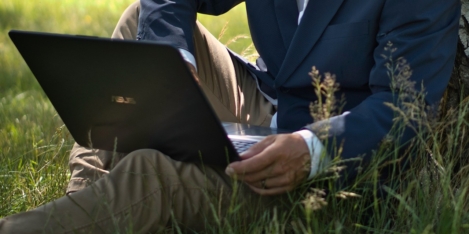
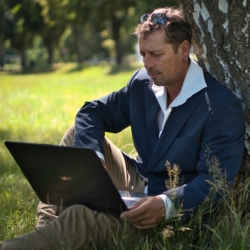 Covid-19 has changed the profile of today’s jobseekers and as such, an organisation’s purpose is valued more than ever suggests new research from the recruitment agency
Covid-19 has changed the profile of today’s jobseekers and as such, an organisation’s purpose is valued more than ever suggests new research from the recruitment agency 
 Research by employee benefits provider
Research by employee benefits provider 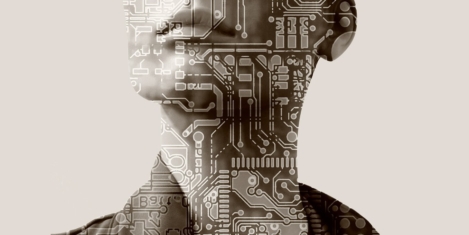
 A new report from information technology company Wipro Limited claims that enterprises of the future will be built on a foundation of Artificial Intelligence (AI), Analytics, Machine Learning, Deep Learning and Automation. According to the
A new report from information technology company Wipro Limited claims that enterprises of the future will be built on a foundation of Artificial Intelligence (AI), Analytics, Machine Learning, Deep Learning and Automation. According to the 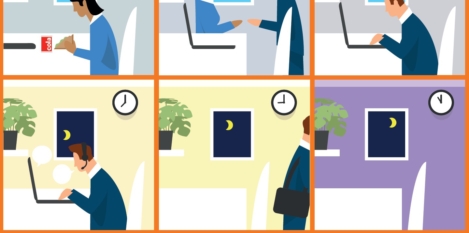
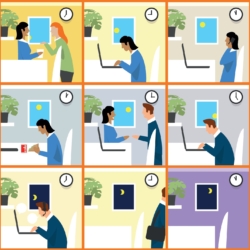




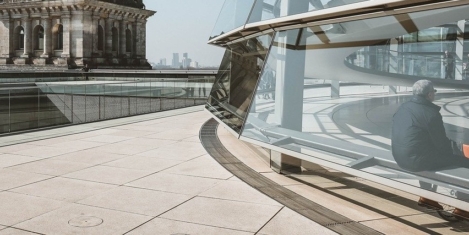

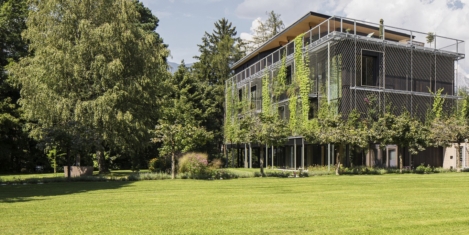













September 15, 2020
We are still overlooking the importance of air quality
by John Swift • Comment, Wellbeing, Workplace design